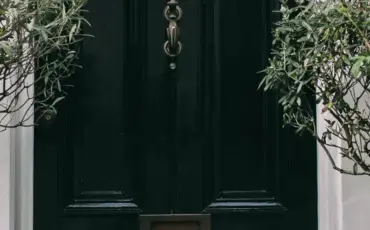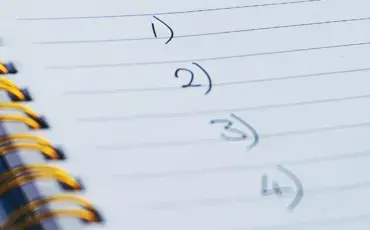
The Renters (Reform) Bill – What’s Next?
The Renters (Reform) Bill – originally announced by the Conservatives in April 2019 as a “step change” in protections for renters – is still yet to become law.
What is the Renters Reform Bill?
- Section 21 “no fault” evictions to be abolished
- New grounds for possession where landlords genuinely want to sell or move back in
- Periodic tenancies to become standard
- Tenants given more rights to keep pets
- Notice periods for rent increases doubled
- A new ombudsman covering all private landlords
When will the Renters Reform Bill become law?
In October 2023, in the government’s response to a report by the Levelling Up, Housing and Communities Committee on reforming the Private Rented Sector, it was announced that the abolition of Section 21 will have to wait. That is at least until “sufficient progress” has been made to improve the Courts.
However, in an interview on 11 February 2024, Michael Gove assured the BBC’s Laura Kuenssberg that “we will have outlawed (Section 21) and we will have put the money into the Courts in order to ensure they can enforce that.” The General Election must take place before January 2025 so it is likely that we will see some more movement on the bill in March 2024 and it may possibly become law on 1 October 2024.
What is a Section 21 Notice / No Fault Eviction?
Under the bill, it is proposed that landlords will only be able to evict tenants in certain circumstances, and the “no-fault” route offered by Section 21 will be abolished. No fault evictions are where a landlord uses Section 21 of the Housing Act 1988 to end an Assured Shorthold Tenancy (“AST”) without having to prove any fault on the part of the tenant. This means that no reasons have to be given for the tenant to leave, e.g. rent arrears, anti-social behaviour or causing damage to the property.
The bill will end Assured Shorthold Tenancies, meaning there will be more fixed terms and all tenancies will be periodic from the outset. Tenancy periods can also not be longer than one month. The bill will also remove the “accelerated” paper-based possession procedure, meaning that Court hearings will need to take place to consider each possession claim.
Possession claims after the Renters (Reform) Bill
All possession claims will proceed under Section 8 of the Housing Act 1988 and the notice must be in the prescribed form. There will be new and amended grounds for possession, including mandatory and discretionary grounds. If the tenant fails to vacate after a Section 8 Notice has expired, the landlord must apply to Court for a possession order. A hearing will then be listed to consider the claim and the grounds relied upon.
With the proposed abolition of Section 21, there has always been an accompanying pledge from the government that the grounds in Section 8 will be strengthened and the Court system will be improved. However, at present it appears all claims will now require a hearing to take place, which obviously runs the risk of the Courts becoming even busier than they are now.
We act for both landlords and tenants. Should you need advice or assistance, please contact our Liam Kreibich on 01332 225207 or at liam.kreibich@smithpartnership.co.uk.

Share this article

















